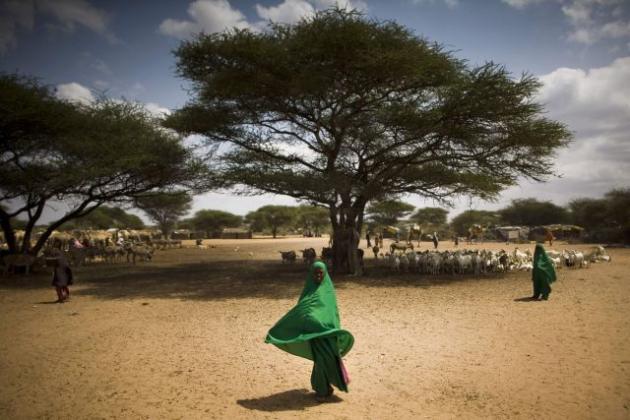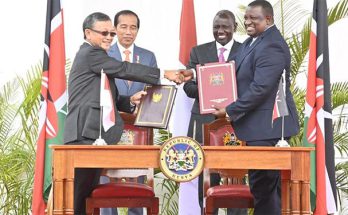Minnesota business know how to help the continent grow.

The headlines from North Africa and throughout the continent tell of dramatic change. We in the United States watch with hope that the upheavals will lead to more true democracy and the rule of law.
But there is another more subtle transformation taking place in many parts of Africa that may have a profound impact on the building of democracy. The nations of Africa are experiencing one of the greatest business booms in the continent’s history.
The future of Africa is tied to the level of inbound investment, as more industrialized nations acknowledge that Africa is truly the last great frontier in the world for new investment and development.
This unprecedented economic development, if managed in partnership with the governments and people of Africa, will have a tremendous impact on the building of democratic institutions.
As U.S. Secretary of State Hillary Clinton noted at the Corporate Council on Africa’s 2009 African Business Summit, “Today the question for all of us who care about the future of Africa is: What can be done to sustain and deepen the democratic and economic transformation that is now underway?”
That will be one of the key issues addressed at a panel on Wednesday at the University of Minnesota’s Carlson School. Titled “Doing Business in Africa: Education and Workforce Development,” the discussion will be presented by Books For Africa and the Corporate Council on Africa.
Despite the current global economic downturn, many African countries continue to experience above-average growth and higher levels of investment. Global investment is beginning to pour into parts of Africa in amounts unimagined a decade ago.
In 2010, Minnesota exported $184 million worth of merchandise to Africa, led by machinery, agricultural products, and computer and electronic products. South Africa and Egypt were the top two destination countries.
Minnesota exports to Africa increased by $20 million over 2009, and our state ranked ahead of 26 other states. Minnesota companies such as Cargill, General Mills, 3M, Medtronic and Thomson Reuters are investing in Africa.
In 2010, the total stock of U.S. foreign direct investment in Africa was $53.5 billon, a $10 billion increase over 2009. In total, the United States exported $28.3 billion worth of merchandise (an increase of $4 billion from 2009) and $11.8 billion worth of services to Africa in 2010.
But Minnesota and other American companies understand that investment without an educated workforce and without democratic institutions will not be successful. That is why they support educational efforts while building their businesses in Africa.
For example, the Donaldson Co. shipped a Books For Africa container of more than 20,000 schoolbooks to its plant in South Africa in 2010.
This year Cargill is sponsoring the shipment of more than 100,000 schoolbooks to Ghana, where it has a plant. Thomson Reuters has sponsored two containers.
It also partners with the Jack Mason Law & Democracy Initiative of Books For Africa, donating thousands of new legal texts and law libraries to many nations on the continent.
Access to textbooks and law books has an accretive effect: In those countries where Books For Africa has shipped textbooks, there is a profound thirst for knowledge.
And access to law books and law libraries is critical to establishing and expanding the rule of law, which in turn is essential to economic development and trade.
It’s worth noting that as of early 2011, Thomson Reuters had delivered 3,500 legal texts and 50,000 general-interest books to legal and public schools across 12 African nations, giving lawyers, nongovernment organizations and government agencies a common grounding in the legal “operating system” that can support economic growth and social well-being.
Kofi Annan, the former secretary-general of the United Nations, and former Vice President Walter Mondale are cochairs of the Law & Democracy Initiative.
In a commentary published last summer (“Now, sustain those moves to democracy,” Aug. 13), they explained the important connection between education, the rule of law and a strong business climate:
“The rule of law is equally fundamental for the development of a healthy democracy, good governance and a prosperous economy.
Both individuals and businesses need confidence that the law will be applied fairly and consistently, whether individuals are powerful or not, and that rights will be protected and upheld by the courts.”
This sets a high standard for American business, but it is the right standard.
There is much work to be done, but Minnesota and American firms are committed to acting in a socially responsible manner while taking advantage of tremendous investment opportunities on the African continent.




